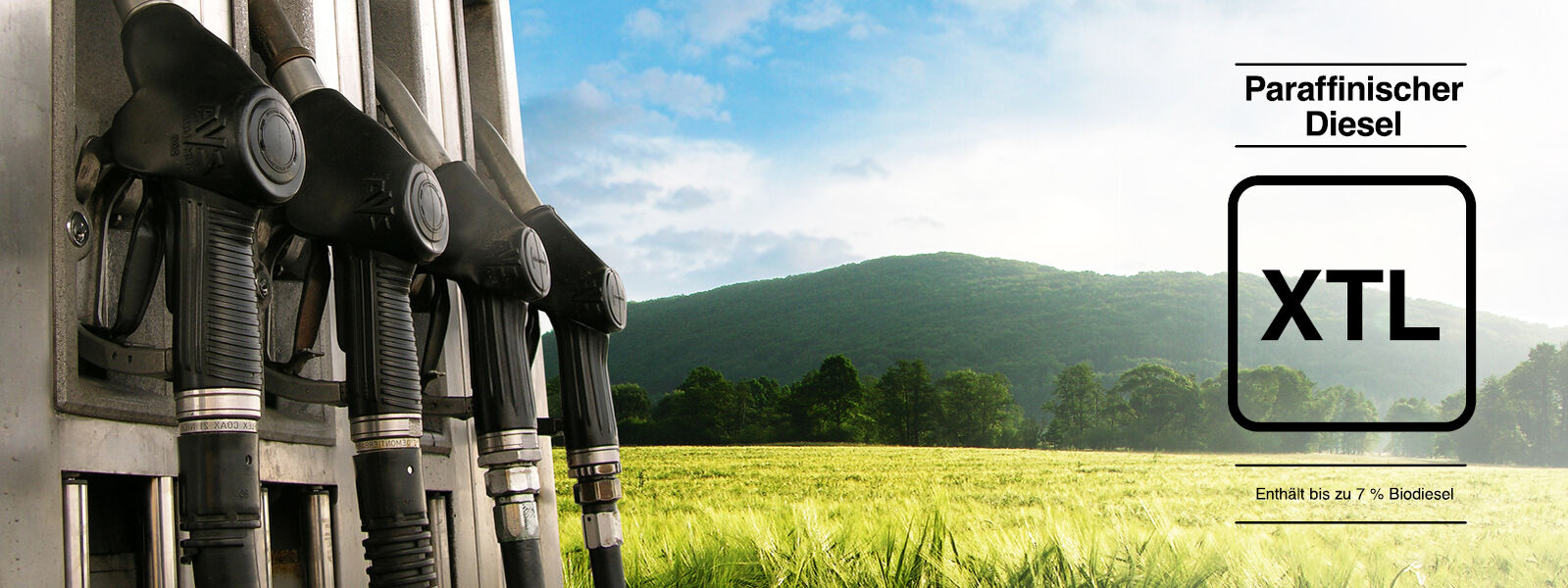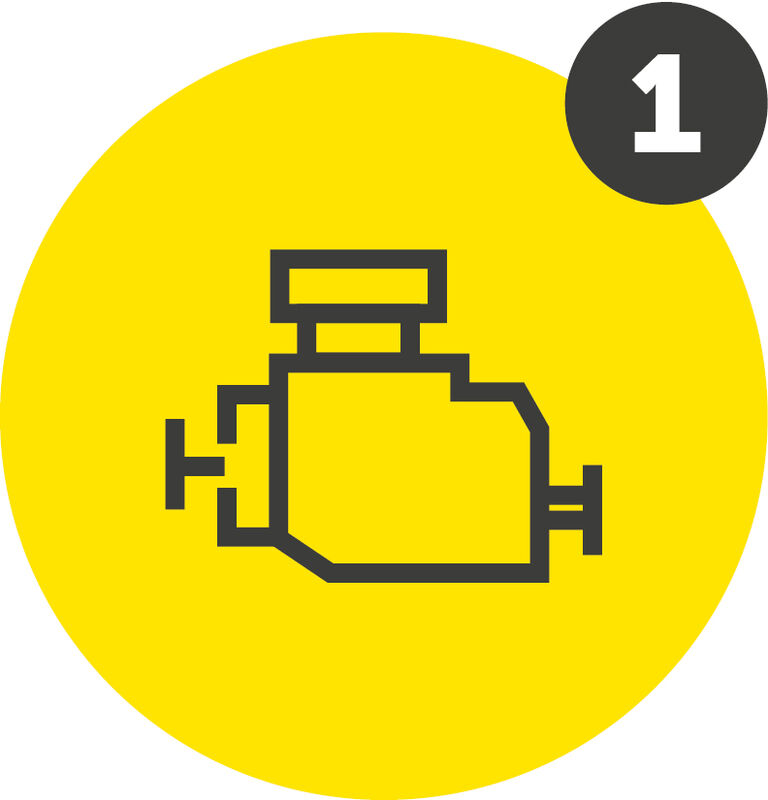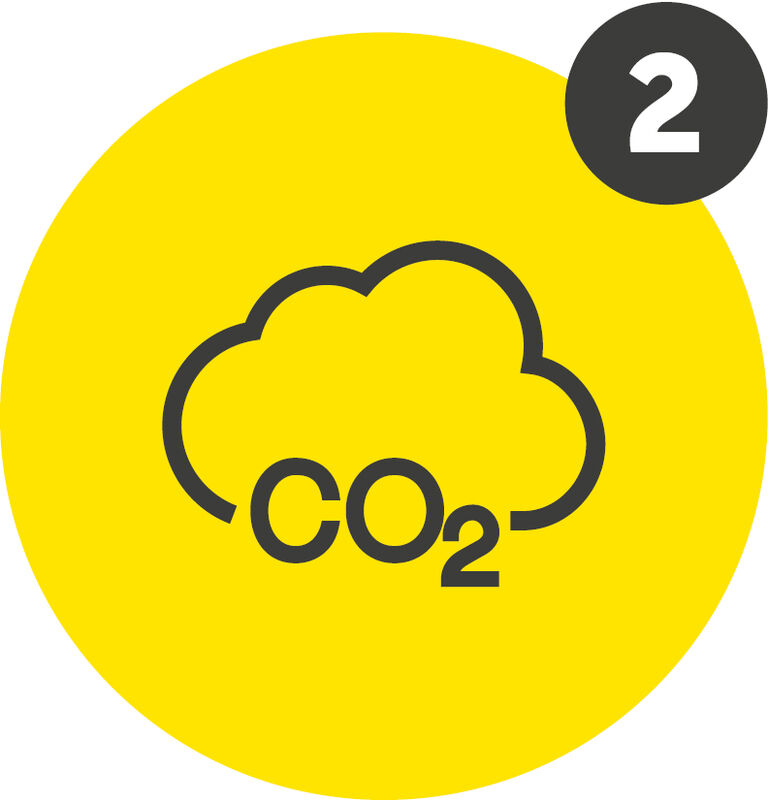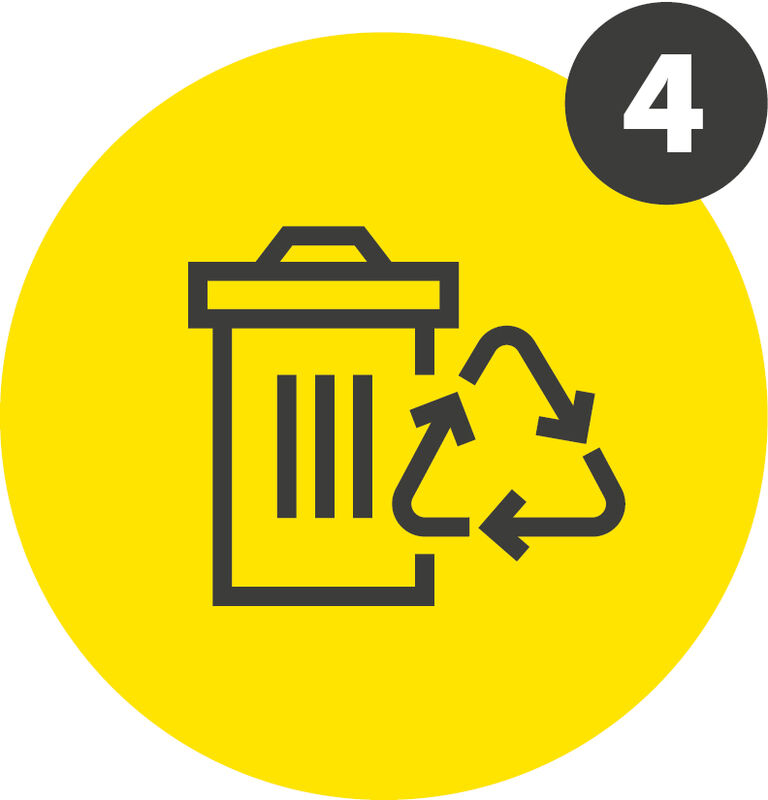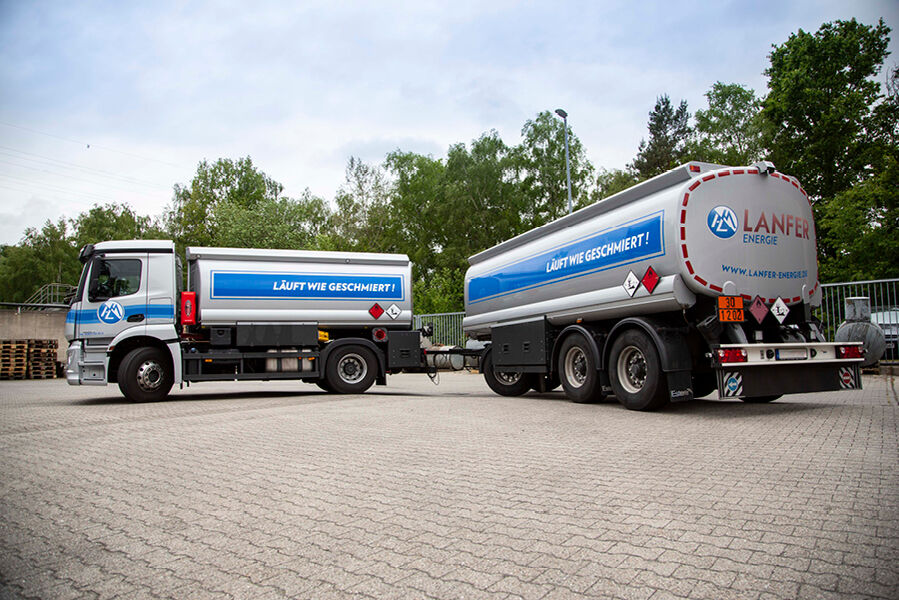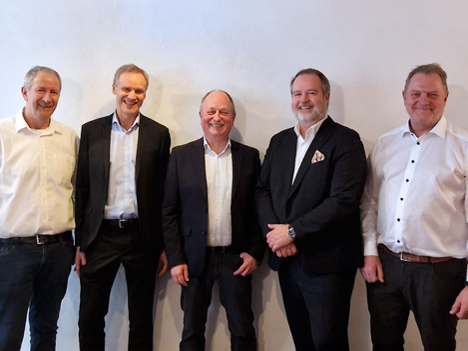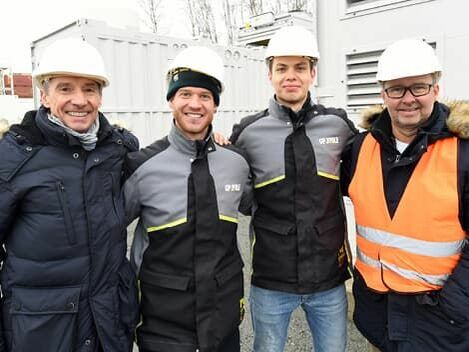The fuel HVO, derived from plant and animal waste, is gaining increasing importance for decarbonizing the transportation sector. With the recent legislative changes for paraffinic diesel fuels, new opportunities are opening up for the DS Group: we can now offer our customers the up to 90% CO2-neutral fuel at our gas stations and already at our warehouse in Bremen.
In the following article, we provide information about the production, benefits, and sustainability aspects of HVO. Additionally, our energy division's executives provide insights into the planned conversion of gas stations and fleets in the DS Group, as well as forward-thinking strategies for climate-neutral energy supply in the transportation sector.
HVO stands for "Hydrotreated Vegetable Oil," a renewable diesel fuel (also known as biofuel) produced through the hydrotreating of vegetable oils or animal fats. During hydrotreating, these feedstocks are treated under high pressure and in the presence of hydrogen to alter their chemical structure. HVO can be used as an alternative or supplementary fuel source for diesel in combustion engines. It shares similar properties with fossil diesel but is more environmentally friendly, as it is nearly free from sulfur and aromatics, and reduces the emission of pollutants.
Various terms are used to describe different types of fuels:
-
Paraffinic diesel fuels (XTL: X to Liquid) can be synthesized (e.g., from natural gas / Gas to Liquid), from electricity (PtL: Power to Liquid), or from biogenic sources such as hydrotreated vegetable oils, including HVO100.
-
B10 diesel has a ten percent blend of biodiesel (manufacturer approval required).
-
B7 diesel has a seven percent blend of biodiesel.
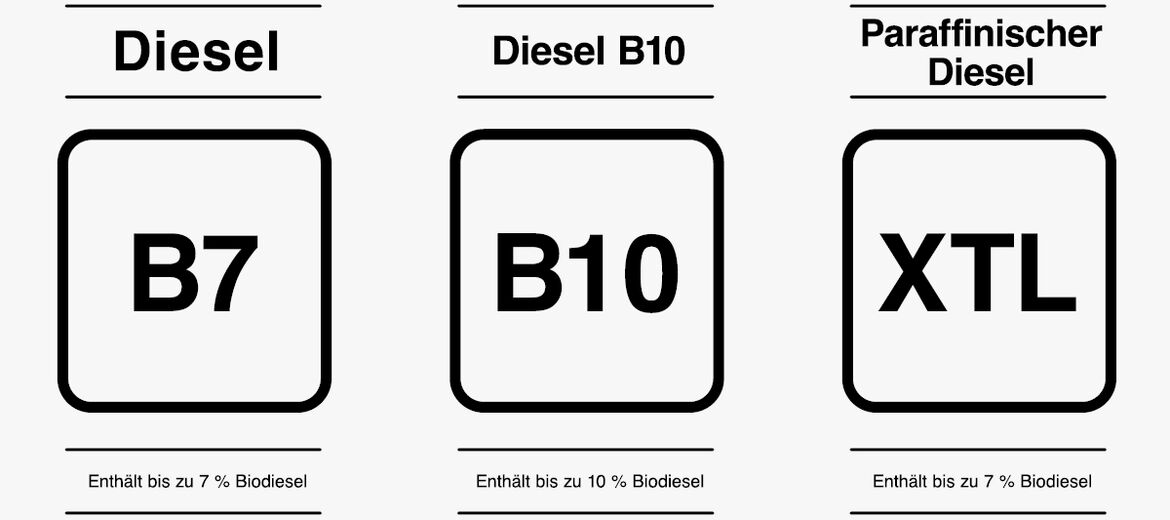
To reduce the consumption of fossil fuels, the Federal Government is introducing new diesel fuels. For the first time, XTL (fossil-free or paraffinic diesel fuel) is approved as a pure fuel for road traffic. Previously, these fossil diesel fuels could only be blended. The change also includes fuels made from 100% hydrotreated vegetable oils. These legislative changes aim to promote more environmentally friendly and sustainable fuel options in Germany and are expected to come into effect on April 13, 2024. [1]
On the website kraftstoffe.info, there is a list of passenger cars and commercial vehicles whose engines are approved by the manufacturer for the use of HVO100 fuel. Please remember that the warranty expires if you use HVO100 without manufacturer approval.
HVO100 offers a short-term reduction in traffic emissions, as its combustion releases significantly fewer greenhouse gases such as carbon dioxide, nitrogen oxides, and particles – up to 90 percent depending on the feedstock used. [2] Compared to conventional diesel fuel, HVO100 has lower levels of pollutants such as sulfur and heavy metals. Additionally, HVO results in reduced particulate matter emissions, leading to better air quality and thus reducing the burden on human health and the environment.
HVO100 utilizes biological residues and waste materials, eliminating the need for direct use of agricultural land for its production. Concerns about palm oil being used in the production of HVO100 are unfounded. From 2023 onwards, stricter sustainability criteria in Germany will exclude biodiesel made from palm oil from the market. [3]
How did the topic of HVO come to be addressed in the DS Group?
Christoph Avé-Lallemant (Managing Director, DS Energies Holding): Our goal is to supply our customers with all the necessary fuels while operating as climate-neutral as possible. Therefore, we responded to customer requests and are now preparing various gas stations to offer HVO. This is happening across the board at Lanfer Energie, DS card + drive, EMOVA, and Bischoff & Vielhauer, as well as in corresponding associations like tankpool24. We see this as an important customer demand, one we are happy to fulfill.
Holger Purbs (Proxy Holder, Lanfer Energie): Already by the turn of 2022/2023, we had inquiries from larger companies in the transportation, agriculture, and maritime sectors that were already exploring alternative fuels. Nowadays, we receive weekly inquiries from commercial customers and already offer products with pure HVO and blends (R33). In the commercial sector, the topic is prominent, while less so in the private sector.
How many gas stations of the DS Group will offer HVO in the future?
Holger Purbs: At Lanfer Energie, we plan to convert five gas stations. This requires technical adjustments, as the basic portfolio is intended to be retained. The project was temporarily postponed until the law was passed on April 13, 2024. Now we will reassess the situation.
Moritz Schröder (Managing Director, DS card + drive): At DS card + drive, the gas stations in Bremerhaven, Industriepark, Arsten, and Stuhr are already prepared for HVO. The first refueling in Wustermark took place on April 18, 2024. In addition, we have identified 25 key gas stations that we will convert. Often, we need to install new fuel pumps and tanks because we cannot rely on the diesel tanks. Some gas stations are so heavily utilized that there would be logistical problems if we were to reduce the diesel tank space. We plan according to demand and gradually expand the network. As part of the tankpool24 network, it is important for us to also motivate our partners to convert. For comprehensive coverage, we need 80 to 120 gas stations in Germany – anything less complicates supply for long-distance transport.
Are there plans to convert the company's own fleet to HVO?
Holger Purbs: Yes, at Lanfer Energie, we plan to convert our entire fleet to HVO. This will have a positive impact on our CO2 footprint.
Christoph Avé-Lallemant: At EMOVA, we have a large fleet of trucks that could theoretically be operated with HVO. Here, we will examine whether a conversion is economically viable. Also, at DS-Mineralöl, there are six trucks that could be converted to HVO.
Can HVO meet the energy demand of the transportation sector in the future, or will other resources and technologies be needed?
Christoph Avé-Lallemant: HVO will not be able to meet the majority of the transportation sector's demand. A share of 5-10% HVO would already be significant. This is due to the high fuel demand compared to the limited amount of plant residues available for HVO production. Expanding production capacities in Germany is necessary, and raw material imports cannot be increased indefinitely as global demand rises.
The major advantage of HVO lies in its flexibility: cars can be operated with both diesel and HVO and eFuels, making the topic particularly attractive – and that's already the case today. Therefore, it is important to offer a mix of different fuel options at gas stations. This mix will contribute to making combustion engines increasingly climate-neutral. Considering the global energy demand, no single product like hydrogen, electricity, or eFuels will be sufficient in the next 30 to 40 years. We must be open to various energy sources that can contribute to climate neutrality.
What are the other advantages of HVO?
Holger Purbs: HVO surpasses diesel fuel in its specifications, both in cetane number[4] and product purity. It lacks the detrimental properties of conventional products such as high sulfur content and poor storage stability. So, the benefits are clear. The lubricating effect missing due to the lack of sulfur is compensated for by additives added during storage. At gas stations, the product is already optimally prepared for use. Furthermore, HVO is suitable for all seasons thanks to its high cold resistance – it is quality-stable and has excellent storage stability.
On the path to low-emission mobility
As the DS Group, we consistently pursue innovative resources and technologies to meet the needs of our customers. The introduction of HVO100 marks another step towards more environmentally friendly mobility and emphasizes our commitment to a sustainable future. For further information about HVO and its application within the DS Group, our expert teams at Lanfer Energie, Bischoff & Vielhauer, DS-Mineralöl, EMOVA and DS card + drive are at your disposal.
DS card + drive has already expanded its range of alternative fuels, so starting now, HVO100 is available at the Wustermark gas station near Berlin (TS 2869). You can find additional gas stations where you can refuel with HVO on the following website:
[1] www.bundesregierung.de/breg-de/aktuelles/einfuehrung-neue-dieselsorten-2244528
[2] According to the latest figures from the Federal Agency for Agriculture and Food (BLE), the reduction of CO2 emissions from HVO derived from waste and residues in 2021 was 89.73 percent. See www.ble.de/SharedDocs/Downloads/DE/Klima-Energie/Nachhaltige-Biomasseherstellung/Evaluationsbericht_2021.pdf
[4] The cetane number is a measure of the ignition quality of diesel fuels and an indicator of their quality. A higher cetane number improves the ignition capability of diesel fuel and the starting performance of the diesel engine, especially in cold temperatures.

